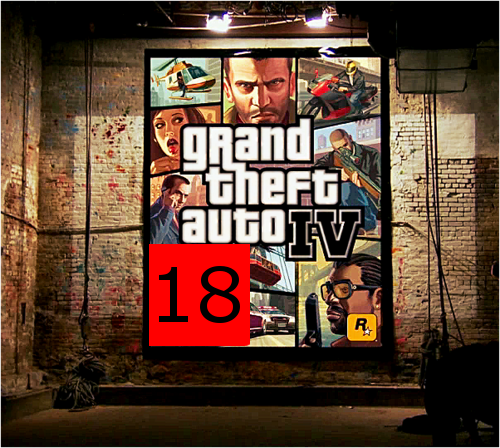
Fueled by the agendas of various parental groups and public officials, the regulation of violent video game sales to minors has long been the center of debate between those that support legislation and the Entertainment Software Association. This past Tuesday, however, the United States Supreme Court met to decided whether it would hear arguments…








